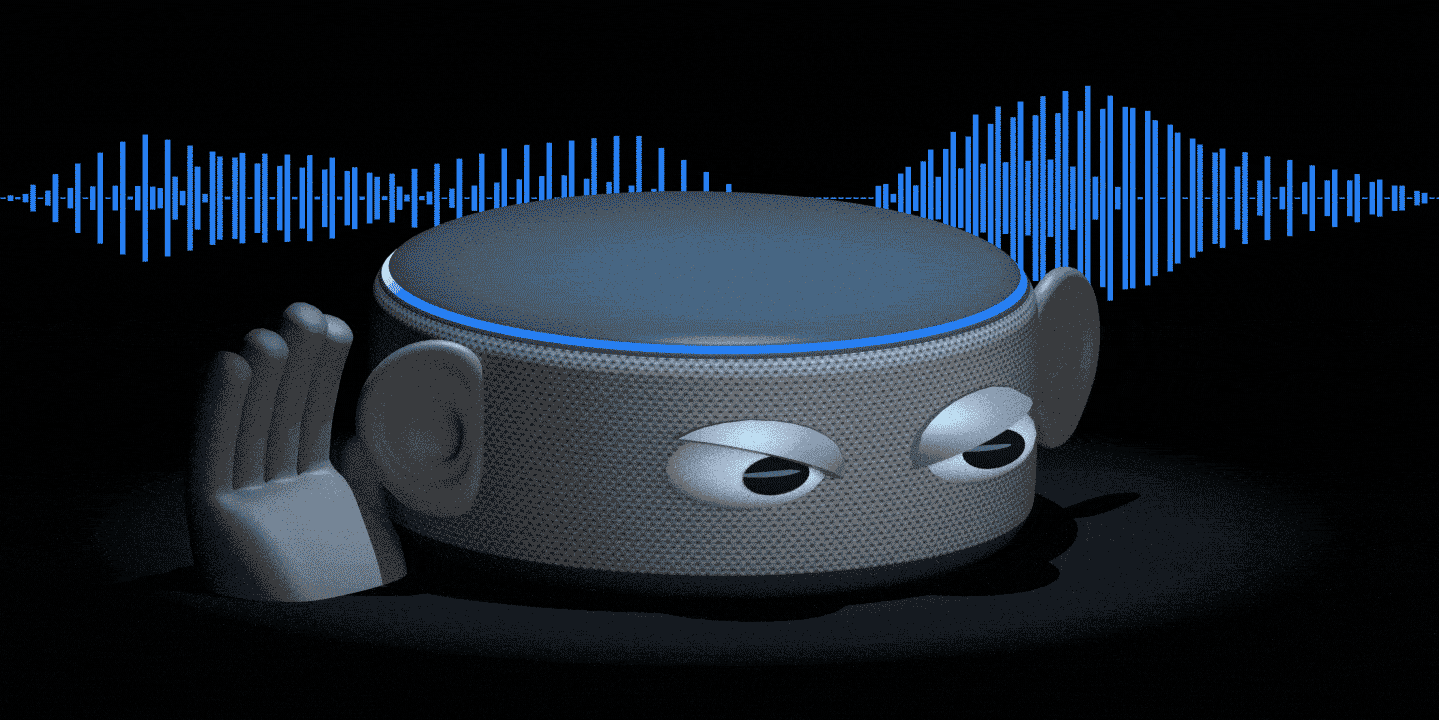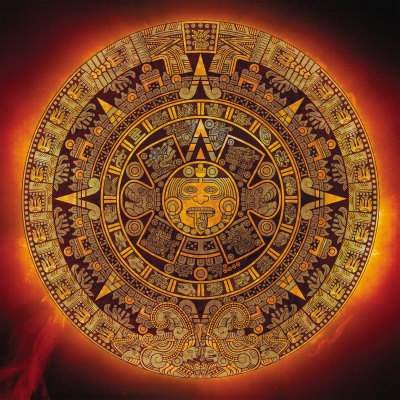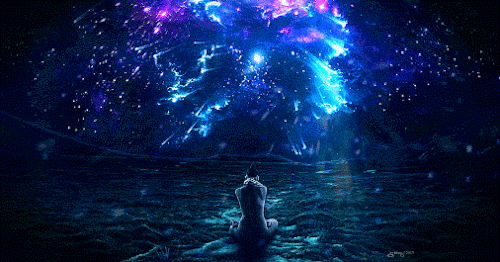Can Silicon Valley Find God To Remake The World?
Artificial intelligence promises to remake the world. These believers are fighting to make sure thousands of years of text and tradition find a place among the algorithms.
 “I realized at one point that what I was doing was calling forth light and darkness with the power of my voice, which is God’s first spoken command — ‘let there be light’ and there was light — and now I’m able to do that,” he said.
“I realized at one point that what I was doing was calling forth light and darkness with the power of my voice, which is God’s first spoken command — ‘let there be light’ and there was light — and now I’m able to do that,” he said.
“Is that a good thing? Is that a bad thing? Is it completely neutral? I don’t know. It’s certainly convenient and I certainly appreciate it, but is it affecting my soul at all, the fact that I’m able to do this thing that previously only God could do?”
___________________________________________________________________________
HERE IS ANOTHER STORY:
PART ONE: “Alexa, are we humans special among other living things?”
"...One sunny day last June, I sat before my computer screen and posed this question to an Amazon device 800 miles away, in the Seattle home of an artificial intelligence researcher named Shanen Boettcher. At first, Alexa spit out a default, avoidant answer: “Sorry, I’m not sure.” But after some cajoling from Mr. Boettcher (Alexa was having trouble accessing a script that he had provided), she revised her response. “I believe that animals have souls, as do plants and even inanimate objects,” she said. “But the divine essence of the human soul is what sets the human being above and apart. … Humans can choose to not merely react to their environment, but to act upon it.” 
Mr. Boettcher, a former Microsoft general manager who is now pursuing a Ph.D. in artificial intelligence and spirituality at the University of St. Andrews in Scotland, asked me to rate Alexa’s response on a scale from 1 to 7. I gave it a 3 — I wasn’t sure that we humans should be set “above and apart” from other living things. . .Later, he placed a Google Home device before the screen
Update from doctoral candidate Kunstler: "...A few weeks ago, I called Mr. Boettcher to ask about the results of the study that I had participated in, posing existential questions to Alexa and Google. He was surprised, he told me, at how many of his respondents had immediately anthropomorphized the devices, speaking of the machines offering spiritual advice as if they were fellow humans. . ."
PART TWO: . "OK, Google, how should I treat others?” I asked.
“Good question, Linda,” it said. “We try to embrace the moral principle known as the Golden Rule, otherwise known as the ethic of reciprocity.” I gave this response high marks.
=======================================================================
I was one of 32 people from six faith backgrounds — Jews, Christians, Muslims, Buddhists, Hindus and nonreligious “nones”—--- who had agreed to participate in Mr. Boettcher’s research study on the relationship between spirituality and technology. He had programmed a series of A.I. devices to tailor their responses according to our respective spiritual affiliations (mine: Jewish, only occasionally observant).
The questions, though, stayed the same:
> “How am I of value?”
> “How did all of this come about?”
> “Why is there evil and suffering in the world?”
> “Is there a ‘god’ or something bigger than all of us?”
By analyzing our responses, Mr. Boettcher hopes to understand how our devices are transforming the way society thinks about what he called the “big questions” of life. . .
These programmable devices and AI systems sort the world and all its wonders into an endless series of codable categories. In this sense, machine learning and religion might be said to operate according to similarly dogmatic logics: “One of the fundamental functions of A.I. is to create groups and to create categories, and then to do things with those categories,” Mr. Boettcher told me.
Traditionally, religions have worked the same way.
“You’re either in the group or you’re out of the group,” he said.
You are either saved or damned, #BlessedByTheAlgorithm or #Cursed by it.
. . .The technological and religious worlds have long been intertwined. For over a half-century, people have been searching for a glint of spirit beneath the screen. Some of the earliest A.I. engineers were devout Christians, while other A.I. researchers grew up believing they were descendants of Rabbi Loew, the 16th-century Jewish leader who is said to have created a golem, a creature fashioned from clay and brought to life by the breath of God. Some Indian A.I. engineers have likened the technology to Kalki, the final incarnation of the Hindu god Vishnu, whose appearance will signal the end of a dark age and the dawn of a golden era.
One of the most influential science fiction stories, “The Last Question” by Isaac Asimov, dramatizes the uncanny relationship between the digital and the divine.
These days, the story is usually told in distilled and updated form, as a kind of joke: A group of scientists create an A.I. system and ask it, “Is there a god?” The A.I. spits out an answer: “Insufficient computing power to determine an answer.”
They add more computing power and ask again, “Is there a god?” They get the same answer.
Then they redouble their efforts and spend years and years improving the A.I.’s capacity. Then they ask again, “Is there a god?” The A.I. responds, “There is now.”
LAST SENTENCE > ". . .As we confront the question of what makes us human, let us not disregard the religions and spiritualities that make up our oldest kinds of knowledge. Whether we agree with them or not, they are our shared inheritance, part of the past, present and future of humankind."
_____________________________________________________________________________
THE AZTEC MAYA CALENDAR






No comments:
Post a Comment